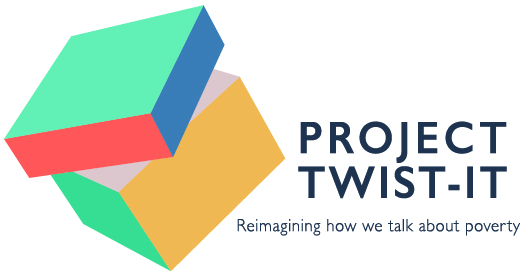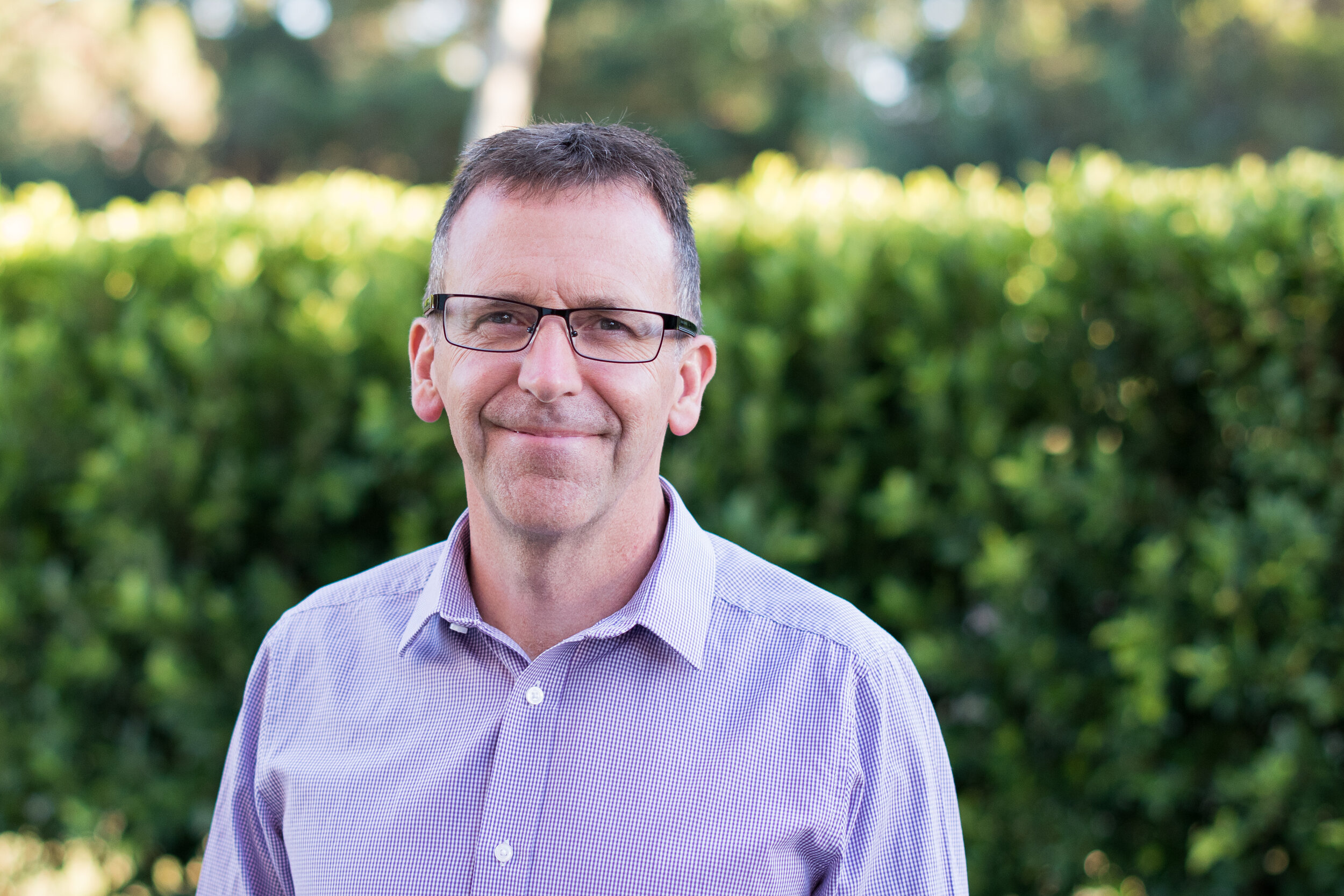David Tennant
David Tennant
David Tennant has been the CEO of FamilyCare, a non-government community service organisation in the Goulburn Valley Region of Victoria, Australia, since May 2010. Many of the families and children who seek support from FamilyCare rely on low incomes, including government welfare payments. David, who trained and practised as a lawyer earlier in his career, first joined the community service sector in 1995. Since then David’s roles have focused on the challenges confronting people whose incomes are routinely below their essential expenditure.
As social security systems the world over, including in Australia, have reduced the value of payments and imposed tougher compliance rules, those challenges have only got harder.
With the support of the Centre for Excellence in Child and Family Welfare, FamilyCare joined other service providers, advocacy groups and researchers to establish a network called Treating Families Fairly. Consistent with its name, the network wants policies that are fair – that help families and children to thrive, rather than trapping them in an endless spiral of poverty, blame and shame.
“Since Covid hit I think public perception has moved beyond the blame and shame approach of current policy settings, as many people experienced hardship for the first time. ”
DAVID TENNANT TALKS TO PROJECT TWIST-IT ABOUT impoverishment in australia and THE ANTI-POVERTY NETWORK, TREATING FAMILIES FAIRLY
What is Treating Families Fairly?
Treating Families Fairly (TFF) is an alliance of child and family service providers, advocates and researchers. We support policies that uphold the rights of children and families and speak out against those that cause harm. TFF has taken a special interest in the sufficiency of social security payments and the impacts of welfare conditionality.
What is the mission?
Our aim is a more equitable society that supports the wellbeing and development of children and families.
Tell us about the work and advocacy that the alliance does?
The TFF network is co-hosted by the peak body for child and family service providers in Victoria, the Centre for Excellence in Child and Family Welfare and my employer, FamilyCare. Collaborating in this way helps us share effort and maximise the preparation of relevant, timely information, like for example research on the impacts of policy changes during COVID-19 restrictions, produced by several alliance members earlier this year. Recognising the voices of people experiencing poverty is vital, because when you understand personal impacts it is much harder to ignore solutions.
Can you give us some top-line information about levels of poverty in Australia, including any recent trends to be aware of?
In Australia, around 3.5 million people, or almost 14 percent of the population, are living in poverty, many because benefits are too low, or as a result of harsh conditionality rules. As bad as that seems in a wealthy country like Australia, if the will exists improvements could be made quickly. When Australia’s central government adopted a Coronavirus Supplement payment well above the base rate of unemployment benefits in 2020, the number of people in poverty fell to around 2.6 million; still too high but reducing income poverty by over a quarter in a few weeks shows what can be achieved.
How significant is child poverty?
The rate of poverty amongst Australian adults is around one in eight. Advocates involved with Anti-Poverty Week estimate that the poverty rate amongst children is as high as 1 in five: 940,000. The rates of child poverty are at their highest in families headed by a single mother because the financial support provided to those households is inadequate – a problem that is largely preventable.
Does welfare conditionality in Australia share similarities with the US and the UK?
Broadly speaking, yes. Policy makers in the US, UK and Australia all ascribe to the view that because a job provides good insulation against poverty, the provision of social security payments should encourage job-seeking as a condition of receiving a state-paid benefit. The approach focuses on the penalties applied if the rules are not followed, rather than the support people need to find and keep a job – or eat and otherwise live with some dignity.
Is there a lot of stigma attached to poverty and to people in receipt of welfare in Australia?
Before COVID hit – absolutely. Since then, I think public perception has moved beyond the blame and shame approach of current policy settings, as many people experienced hardship for the first time. There seems to be a greater appreciation that how and when difficulties strike is often beyond personal control.
Can you give some examples of how policy and the wider culture contributes to or reinforces stigma and shame around poverty?
There are many, but taking the view of the child underlines just how unfair poverty and its impacts can be. Children know when their circumstances are different to their peers, whether it be not having a new uniform, being unable to attend a school excursion, or arriving at school hungry. Emergency relief is no response to the trauma childhood poverty can cause, nor is it fair for children to be the victims of conditionality penalties and payment suspensions that reduce the capacity of parents and carers to provide basic essentials.
What are the current efforts to combat this?
One clear, consistent responsibility is for services like the one I work in, to help give voice to people impacted by policies that cause or exacerbate poverty. That is what TFF was created for. We must continue to help people aspire and be optimistic but their hopes deserve to be encouraged and rewarded, rather than herded through a system of compliance and punishment.
What would Treating Families Fairly like to see change in order to reduce stigma around poverty and shift policy in a direction that better supports individuals and families in poverty?
We want social security payments to be lifted above the poverty line and an end to punitive compliance measures that cause harm and stigma.
In 1987, then Australian Prime Minister Bob Hawke promised that no child would be living in poverty by 1990. That promise was not delivered but maybe it is time to reflect on our current approach and re-commit to being better and fairer than we are.


